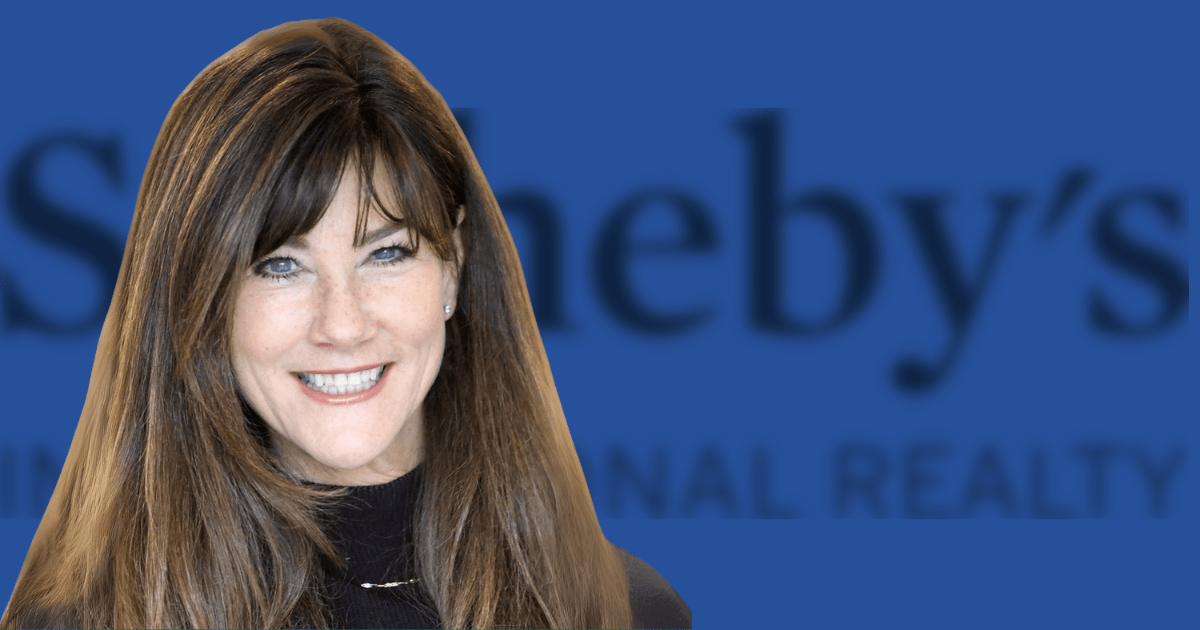Being a realtor to the stars may sound like fun, but you have to be good at keeping secrets. In order to be successful, you’ll have to zip your lips and throw away the key.
There are different kinds of celebrities, from Hollywood actors to sports figures to tech moguls to business people. A celebrity can be anyone who is high profile in their world, including billionaire families and art collectors, says Christian Vermast of Sotheby’s International Canada in Toronto. “But one thing they have in common is that they value privacy.”
That’s why there may be layers of people to deal with before you get to the actual buyer or seller, says Sandy Waldie of Chestnut Park Real Estate Ltd. in Port Carling, Ont.
The celebrity realtor’s toolbox
The process will likely start with a letter of introduction from a banker, a wealth advisor or another individual who represents the celebrity.
David Oey of Harvey Kalles Real Estate Ltd. in Toronto says realtors must be prepared to deal with an advisor, husband, wife, partner or lawyer rather than the individual themselves. “During the actual purchase, and sometimes in qualifying the budget for the buyer, it can take one to four months. Interaction with others besides the buyers themselves is mostly related to the beginning and end of the life cycle.”
“Celebrities have the same wishes, same issues and same concerns as any other buyers and sellers,” says broker Paul Maranger of Sotheby’s International Canada in Toronto. But they are also concerned about physical privacy, he says. “Some buyers will bring in security people to analyze the property and bring their own bodyguards.”
There are two main concerns for corporate and public celebrities: 1) They do not want their entourage or employees to know their finances, and 2) they’re very security conscious. They don’t want people to know where they live because they may be worried about abductions or violent break-ins, Maranger says.
Vetting potential buyers
To protect privacy, he says from the outset, he and Vermast don’t respond to Gmail accounts, only corporate accounts. Conversations take place on landlines, not cell phones.
Vetting is important to ensure buyers are “real,” and have the financial means to purchase a property and are not looky-loos. It’s a challenge and time-consuming where Hollywood sellers are concerned because their fan base wants to view the property but have absolutely no interest in buying it, Vermast says. “There are far more fans than real buyers.”
When vetting, if there is pushback on getting the information you request, it raises red flags, he says. “Qualified buyers appreciate vetting.”
Vetting also works in reverse. The potential client will have vetted you, he says. “They’ve looked at our social media accounts and know all about us” before reaching out.
The anonymity factor
It’s not uncommon to be asked to sign a non-disclosure agreement.
Clients often don’t want their names on paperwork, preferring to stay anonymous until the deal is done.
Maranger says he and Vermast recently did a transaction on a penthouse using the name of a holding company instead of a personal name. “The celebrity said they don’t want their name listed because ‘they will know who I am and it will cost me more.'”
“Celebrities want to be treated as regular people, not someone with endless amounts of money. They don’t want to feel taken advantage of,” says Waldie.
Honesty and transparency are also fundamental, she says. “You’ll get a lot farther with any customer if you treat them as authentically, truthfully and thoroughly as you would a best friend.”
Vermast says, “Do not have a standard based on status or price. Everyone should be treated like a celebrity.”
Be discreet. If no one knows that a celebrity has bought and sold, you’ve done your job, Waldie says. “Mr. and Mrs. Jones sell, and no one talks about it. It should be the same way for celebrities. They could feel taken advantage of if you want to be part of their limelight.”
Navigating the privacy maze
One thing you don’t want to do is act like a fan and be hanging off them every minute.
“I’m more vigilant about not pestering them as much because it happens to them a lot,” Waldie says. “I’m more careful about how much contact I make and am more diligent in treating them like everyone else.”
Oey agrees, saying public celebrities get 10 to 15 “hellos” per hour, people fawning over them and fans wanting to talk to them.
Vermast says there are far more corporate celebrities than other celebrities. “Of about eight million people in the GTA, how many basketball, baseball, hockey players, actors, singer/songwriters (are there)? It’s a smaller pool.”
There are not a large number of public celebrities out there, says Oey, so you “need to market to that type — successful, artistic, financially capable and discerning. Acclimate your mind to being like them.”
Maranger says he and Vermast slow down the process and work methodically rather than rushing to make a sale.
Pushing these types of buyers and sellers is not a benefit because they tend to work long hours and don’t need additional pressure, Vermast says.
Everyone wants privacy to some degree, but there are some celebrities who may not mind the attention.
Starting local and building celebrity connections
For young realtors wanting to build their business, Maranger and Vermast suggest starting with local celebrities, such as chefs, designers and influencers, who can help build your celebrity base. “They’re easier to find and want exposure and help building their brand,” Vermast says.
Maranger explains, “Christian and I represented a seller in a large penthouse. The woman who bought it is a global influencer with a mega-following. Influencers fall in the same category as mega chefs.”
Vermast says it’s important to build your business first and grow it organically because your reputation precedes you. “Your success will depend on how well connected you are and the access you have to off-market properties that meet their needs. There’s no such thing as a celebrity agent.” You have to cater to everyone.
Building a reputation
Oey recommends not being pushy. He met former Raptors head coach Nick Nurse 10 years ago through a friend looking for help with a lease. Oey and Nurse connected, but Nurse didn’t end up leasing.
When Nurse became head coach, Oey sent a short email of congratulations and mentioned a few condos he thought might suit some Raptors players.
Nurse connected, remembering Oey from their previous meeting. “I had to make sure I was able to handle any and all questions/concerns/queries,” but he says Nurse was comfortable dealing with him.
Oey, who works as a trusted advisor like a lawyer or consultant, sold a house to Nurse 18 months ago during the downtime of the pandemic. It offered good value despite the market and sold recently for a good profit, he says.
Nurse wanted to remain anonymous before the sale, but after the deal was done, he gave Oey permission to speak freely about the house and sale. “I believe he’s helping me more than benefiting himself from publicizing the sale,” Oey says.
Nick Nurse’s former Mississauga home. Images courtesy David Oey of Harvey Kalles Real Estate Ltd.
“Similar to any business, the higher in sales and higher in achievements you are, be careful what you wish for because diligence and professionalism scale up too.”
And, he adds, “Don’t change who you are when you’re with a celebrity. Be professional and be yourself.”
“Working with celebrities of any kind is challenging in a good way,” says Vermast. “You have to be quick on your feet. It’s stimulating.”
Maranger says, “The celebrity aspect is fun. You treat them the same, but different.”
Despite dealing with their fair share of celebrities from all walks of life, don’t expect to hear fun stories or secrets from Maranger, Vermast, Oey and Waldie. Mum’s the word.
Connie Adair is a contributing writer for REM.




























